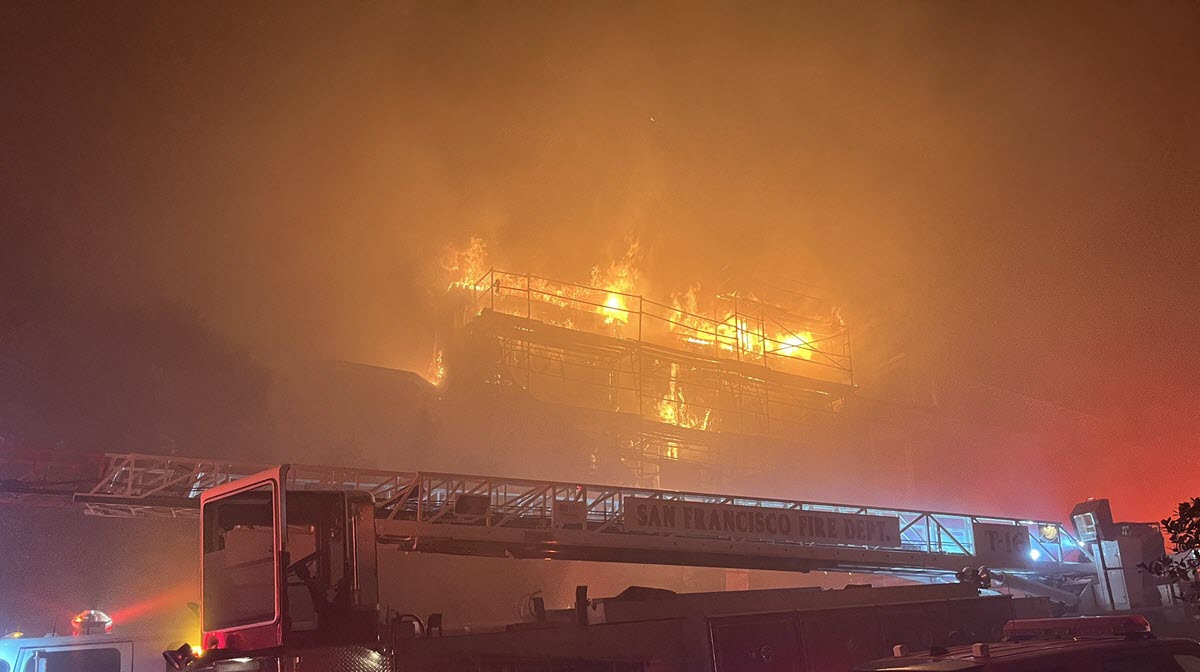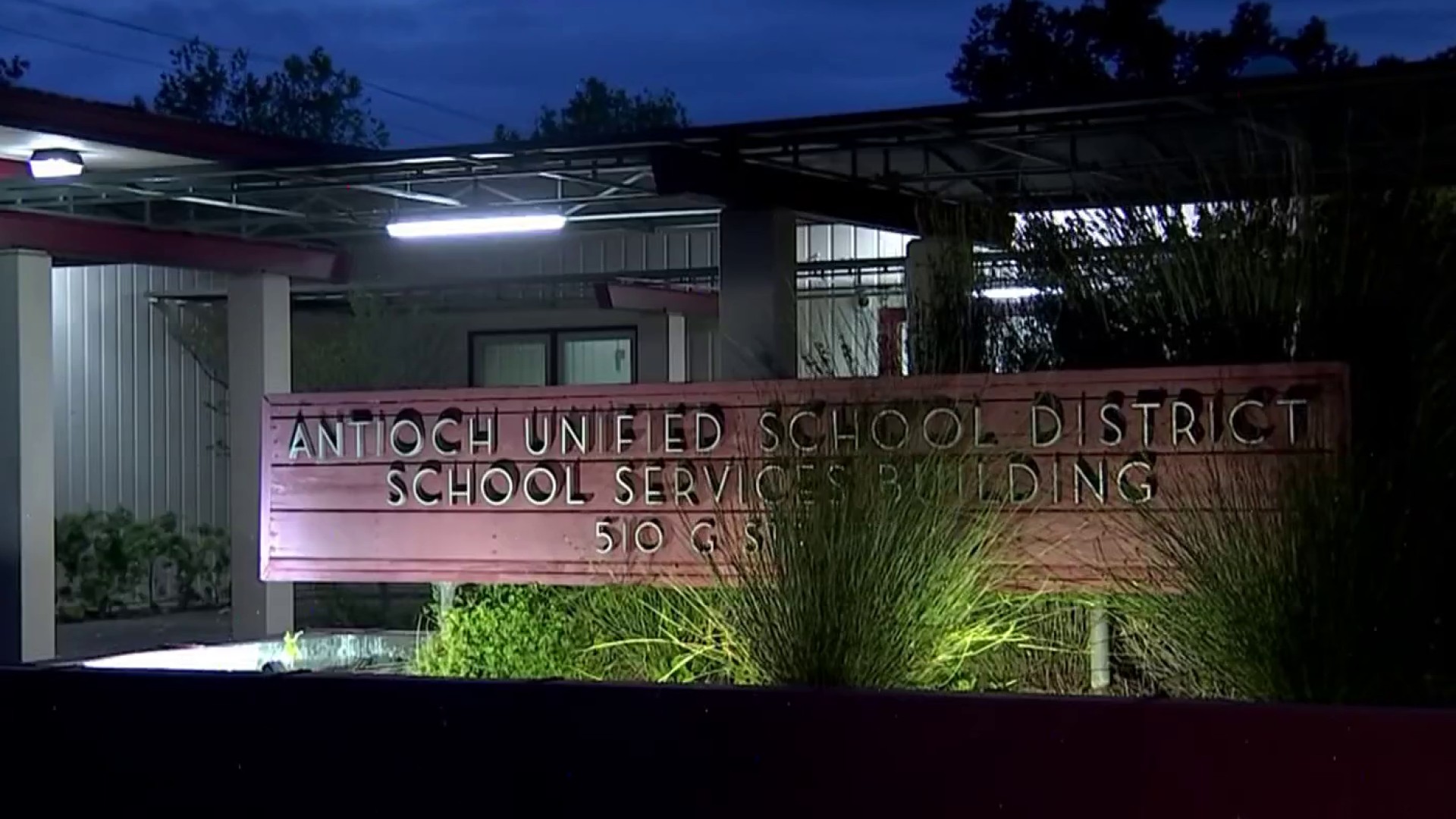Everyone loves a good fight, right? The current spat between Uber and Lyft has all the marks of a good, fun brawl. There's name-calling, dirty tricks, poaching and accusations on both sides.
Uber accused Lyft of trying to gum up service by repeatedly calling and canceling rides. Lyft accused Uber of the same thing. Some have even released some pretty convincing data to prove it.
There's so much ink spilled on this, Silicon Valley's "fiercest rivalry," that it's easy to imagine the only thing between these companies and world domination is each other.
But they've got bigger things to worry about.
1. The State
Up until pretty recently, there was no agency anywhere in the nation that specifically regulated ride-hailing app companies. Last September, the California Public Utilities Commission(CPUC) took up the helm by creating a new business category-the Transportation Network Company(TNC)-and placed that category under its own purview. California was the first state to do so.
The CPUC's definition reads:
Local
Transportation Network Companies (TNCs) provide prearranged transportation services for compensation using an online-enabled application or platform (such as smart phone apps) to connect drivers using their personal vehicles with passengers.
TechCrunch called the announcement a "big win" for Uber and Lyft. The regulations were far short of the kind of oversight taxi companies labor under.
But it doesn't mean the ride-hailing app companies are off the hook. Two bills in the California's just-finished legislative session proposed increased regulation. In a rare moment of cooperation, Uber and Lyft at first united against the bills, but suddenly reversed position over the weekend when the specific dollar requirements were brought down a bit.
Uber and Lyft's coordination over the state legislative session was a test-run for the new reality ride-hailing companies are starting to live in. The "don't ask for permission, beg for forgiveness" strategy that's worked so well in the past is coming to a close in California. States that have yet to regulate heavily will look to California for guidance. The ride service companies will have to build real relationships with California government.
Uber may have already signalled a turn to pragmatic politics with the recent hire of ex-Obama strategist David Plouffe.
2. Insurance
Taxis are usually required to have commercial liability insurance, but that's not always the case for ride-hailing app companies. Drivers for Uber's original Uber Black service had the appropriate levels of commercial insurance, but when the cheaper UberX service was launched, drivers were expected to provide their own private insurance between rides.
NBC Los Angeles has reported that even if a driver has private insurance, it may not come through. The Insurance Information Network of California told NBC, "Your personal policy does not cover you for any commercial use of your vehicle."
This "gap" in insurance coverage helped make a case for state regulation of the ride service companies. It also made for some unfortunate headlines.
NBC Bay Area spoke with a man named Jason Herrera who was injured when an Uber driver he hired got into an accident. Herrera said the driver's insurance refused to cover the incident:
“You buy a car, it comes with a warranty, you go step in a cab, you’ve got coverage” said Herrera. “I stepped into an Uber car and I have to question whether or not I’m going to be covered if there’s an accident?”
The CPUC now requires that the ride service companies hold at least $1 million in commercial coverage when driving customers. Uber offers a secondary "contingent" insurance that covers accidents between rides at a lower rate.
The companies quickly complied, but the latest issue was what's sometimes known as "Period 1"--the time when a driver logs into a ride-hailing app but has not yet picked up a fare.
Uber and Lyft don't usually cover that period, but a just-passed law now requires that rideshare companies cover that period to the tune of $200,000. That's a far cry from the $1 million that the bill's sponsor originally asked for, so this number may change in the future.
3. Airports
To operate in airports, taxis need special permits and have to follow certain rules. So do TNCs, technically.
NBC Bay Area's Investigative Unit went undercover and easily found ride service drivers without proper permits, insurance or even vehicle registration. They reported that airport police routinely cited drivers:
In just the last three weeks, airport officials at SFO identified more than 295 TNC drivers without permits, and some who did not even have licenses. They also found drivers breaking their own company’s rules by borrowing cars or sharing company issued phones with drivers not approved by the TNC.
The CPUC recently issued cease and desist letters to ridesharing companies over the airport issue.
Going forward, the rideshare companies will have to exercise closer control over their drivers to prevent them from accepting fares at airports without permits. That, or they'll have to walk the line and see if the CPUC's bite is as bad as its bark.
4. The Taxi Industry
The taxi industry has long felt threatened by the ride-hailing companies and with good reason: ridesharing is noticeably cheaper than taxis in SF and in a lot of other places, too.
Moreover, ride-hailing app companies simply aren't regulated as strongly as taxis. The taxi industry argues that this constitutes an unfair competitive advantage and they've supported bills that would even the playing field.
The industry has heavily backed AB 612, which would have regulated TNCs more like taxis. KQED summarized the proposed regulations nicely in their News Fix blog:
mandatory drug and alcohol testing of drivers; closer monitoring of DMV records; mandatory criminal background checks; driver fingerprinting; and the banning of anyone convicted of a number of crimes, from burglary to credit card fraud to obstructing a peace officer.
That bill died in the Senate, but the taxi industry is likely to coalesce around this issue to keep the pressure on.
In New York where taxi unions are strong, the industry has successfully pushed back against Uber. This month, SF cab drivers have voted to unionize. The SF Examiner reports that it's the first time taxi drivers have done so in more than 40 years.
This article is part of FrameShift, NBC Bay Area’s Investigative Blog. FrameShift writes on investigative reporting in California and expands the coverage of the NBC Bay Area Investigative Unit.



